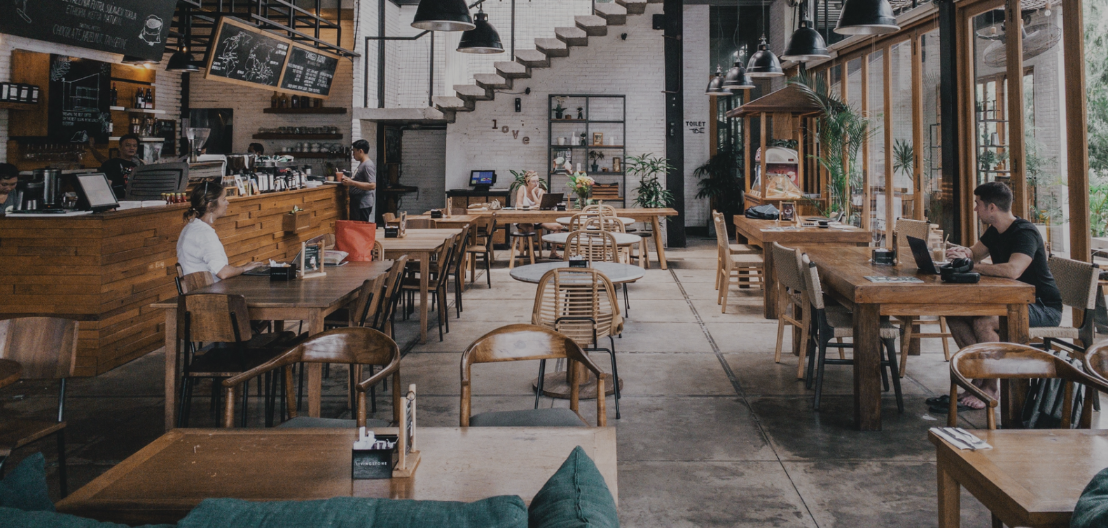Restaurant Cafe

Pick a location: When picking a location for your business, make sure you check with your city to see if the building can be used for your type of business. Neighborhood business associations are a great resource when trying to identify a potential location for your business. Connect with your neighborhood business associations to learn more about various neighborhoods and potentially available properties.
Letter of Intent (LOI):Oftentimes the first step towards creating a commercial lease agreement is a document called the "letter of intent". Once the tenant and landlord have agreed upon the most basic terms of the commercial lease, have come to some basic mutual understanding, and both are ready to proceed with a commercial tenancy one of two things will happen:
- Commonly, the landlord will offer up an initial draft of the lease agreement for the prospective tenant to go over.
- Alternatively, either party may write up a letter of intent which basically states that the tenant (or landlord if he or she drafts the document) is serious about committing to a lease and ready to move forward.
- Please see link for LOI template https://www.nolo.com/legal-encyclopedia/clb-commercial-lease-letter-intent
- Lease negotiation: Lease terms to negotiate:
- Length of lease: Month to month or over a number of years?
- Price per square foot.
- What sort of property insurance is included (e.g. fire, flood)?
- Are utilities included in the lease price?
- Who is responsible for building maintenance and repairs and bringing the building up to code?
- Are renovations or modifications needed? These are also called Tenant Improvements (TIS)
- If so, what are the costs?
- Is the building up to code?
- Who will be responsible for obtaining the necessary permits and inspections from the City? Tenant improvement costs may be negotiated as part of the lease/rent.
- Options to sublet the space, transfer the lease to a new business owner, or terminate the lease.
- Considerations: If you're planning to make renovations, serve alcohol, or conduct other activities that require a license or permit, keep in mind that there may be delays that are out of your control. Try to build flexibility into your lease in case it takes longer than you thought it would to start bringing in paying customers.
- Professionals who can help: It's always a good idea to consult with a professional or an experienced mentor who can help make sure you're considering all the possibilities when choosing a location and signing a lease. Consider working with the following types of professionals in the world of commercial real estate: Commercial brokers, property managers, leasing managers, and property insurance agents.
- Hiring a contractor: If construction work is required to bring your building up to code, you may need to hire a professional contractor to obtain building permits, oversee work, and schedule inspections with the City
Compliance
Building and permits: The building your business occupies will need to comply with State and City building codes and have a Certificate of Occupancy before you can open to the public. Your City will review construction plans, issue permits, and conduct inspections for a variety of construction work that may need to be completed to bring your space up to code.
Inspections
City inspectors will need to visit your business to ensure that it meets the safety standards of your city code. Common items to be inspected are health and food safety, foundation excavations, ventilation equipment, plumbing, electrical, ADA compliant etc. You may need several inspections from each category as the permitting proceeds.
The following video gives you a general overview of restaurant inspections:
Restaurant Cafe Checklist
Pick a location
Draft LOI with all necessary parts
Consider & get all necessary permits
Research inspection requirements
Make sure to follow all requirements